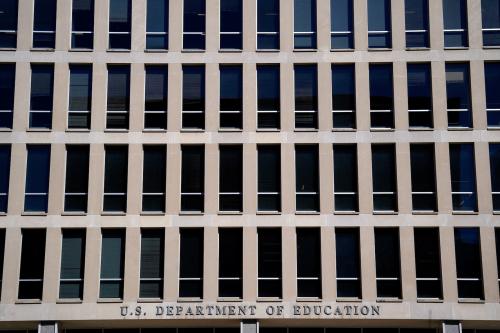Jack Ma is one of China’s wealthiest men. With his company, Alibaba, having raised billions in its recent public offering, the firm is one of the world’s leading e-commerce sites and he is an extremely rich person. According to Forbes magazine, Ma already is worth $10 billion and this stock offering will raise that figure even higher.
Looking at the Ma success story is illuminating because China is becoming a land of billionaires. With 152 billionaires, China is minting ultra-wealthy individuals at a brisk pace. Currently, the country ranks second in the world in number of billionaires, according to the Forbes compilation of billionaires. This is below the 492 in the United States, but ahead of Russia (with 111), Germany (85), Brazil (65), and India (56).
But the broader question is what impact Ma and other billionaires will have on Chinese society and government. Extreme wealth is contentious in many nations around the globe. In Russia, for example, activist billionaires got into serious trouble when they used their wealth to move into politics. Oligarch Mikhail Khodorkovsky, for example, paid a heavy price after he funded opposition political parties during parliamentary elections. On what generally is considered trumped up political charges, he was convicted of tax evasion, lost control of his Yukos energy company, and spent several years in jail before being released this year.
So far, Ma has been careful not to position himself as an oppositional political figure. For example, he has set up a charitable trust with an estimated $3 billion in assets and announced plans to address China’s environment and health care problems. The wealthy billionaire is concerned about environmental pollution and has told reporters that “somebody has to do something. Our job is to wake people up.” But in announcing his charitable venture, he reassured government authorities about his long-term intentions. “I’m not political,” he told the Wall Street Journal. “We don’t want to confront [government officials]; we want to sit down and work with them.”
Living in a one party state, Ma is not likely to follow the Khodorkovsky model of direct confrontation. Since Ma has business dealings with the children of the Chinese political elite and wants to protect his fortune, he almost certainly will be very pragmatic in the public postures he takes.
A model that he should consider is the policy advocacy path of American billionaire Bill Gates. Two decades ago, the federal government sued Gates’ company, Microsoft, over predatory software practices. Officials demanded that the business debundle its software so that other competitors would have a reasonable shot with consumers. Chastened by the experience, Microsoft settled the case and Gates went on to form the world’s largest foundation. Through that vehicle, he stays outside of direct elective politics, but uses his fortune to push for policy change in American education and global health.
With Ma’s environmental interests, all eyes will be on Chinese authorities to see how much advocacy they tolerate. How much of a social change agent will Ma become? Will the government let him and his foundation propose policy solutions to environmental problems? Will political leaders get upset if he speaks out about domestic polluting plants?
In thinking about his options, Ma should be cognizant of the case of Chinese billionaire Wang Gongquan. That businessman attracted unfavorable government attention when he spoke out about his desire for greater citizen involvement in his country’s decision-making. He was arrested on charges of “assembling a crowd to disrupt order in a public place”, and his case is pending in the legal system. The line between billionaire policy advocacy and political involvement can be very treacherous in nondemocratic systems.
The Brookings Institution is committed to quality, independence, and impact.
We are supported by a diverse array of funders. In line with our values and policies, each Brookings publication represents the sole views of its author(s).



Commentary
Billionaires Must Balance the Treacherous Line between Advocacy and Political Involvement in Nondemocratic Regimes
October 13, 2014